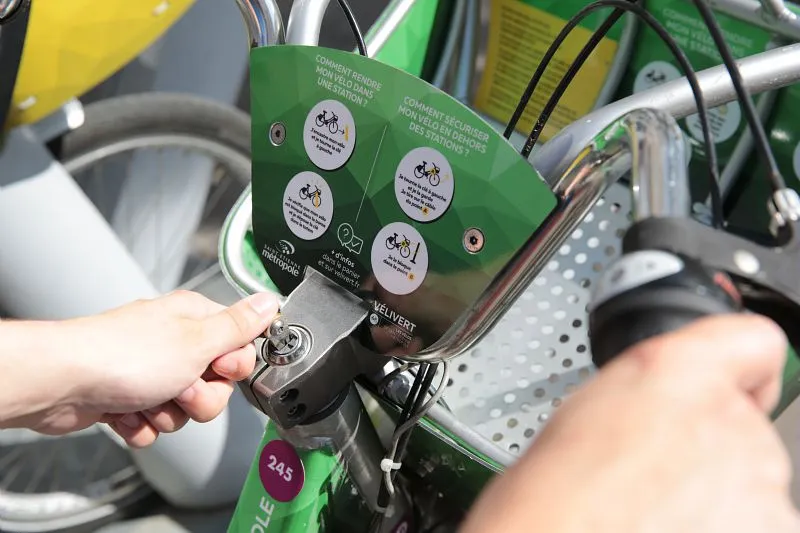
The Multipark Codex Parking system features 2D barcode technology that enables ultra-fast processing of tickets and improved traffic flow at car park entry and exit. It also provides ticketless parking management capability, replacing paper tickets for entry, payment and exit, with NFC smartphone and licence plate recognition (LPR). This enables faster throughput at entry and exit and does away with the need for customers to use and retain paper tickets, and parking operators to buy ticket consumables.
The Xerox Mobility Companion, is an innovative travel solution that interfaces with the systems of different transport operators in a city or region to offer citizens door-to-door trip planning. The solution combines all available travel options such as bus, train, tram, bicycle, car sharing, carpooling and electric car battery recharging services. It thus supports Mobility as a Service (MaaS) operations.
Xerox says the Mobility Companion makes travel intuitive and user-friendly via the web or a smartphone app. The traveller inputs the departure and arrival points, desired travel time and individual preferences such as cost, carbon footprint, maximum walking time and number of connections. The application then offers the traveller the best routes, multimodal travel options and prices established from a wide variety of mobility partners, both public and private.
Xerox will also be participating in two roundtables in the Smart Cities Side Event on Wednesday at the Emerald Lounge, RAI Auditorium Centre, from 11.15 – 13.15. Richard Harris, solutions director, International Public Sector, Xerox, will be taking part in the Mobility as a Service (MaaS) roundtable while David Jones, UK general manager, Xerox Urban Mobility Solutions, will be taking part in the Smart Urban Parking roundtable.









